Post Concussion Syndrome Dsm 5
Post concussion syndrome dsm 5. It is a complication of concussion. Post-Concussion Syndrome or PCS is the persistence of concussion symptoms beyond the normal course of recovery. ICD-10-CM F0781 is grouped within Diagnostic Related Group s MS-DRG v380.
Little is known about the characteristics and outcomes of patients diagnosed with postconcussional disorder PCD under the provisionally proposed criteria in the DSM-IV and how they differ from patients diagnosed with postconcussional syndrome PCS under the International Classification of Diseases 10th edition clinical ICD-10 criteria. Symptoms usually clear within three months after the initial head injury. 102 Headaches with mcc.
There is a new disorder known as the Neurocognitive disorders. Following the presence of both post-traumatic stress disorder PTSD and post-concussion syndrome PCS in the nosography since the publication of DSM-IV large-scale studies investigated the links between these two entities. 8 Within the spectrum of neurocognitive disorders there is a new category Major or Mild Neurocognitive Disorder due to.
Symptoms of post-concussion syndrome can include headache dizziness and memory and concentration problems. A Comparison between Post-Concussion Syndrome PCS and Traumatic Brain Injury TBI Introduction Post-Concussion Syndrome PCS is a medical condition that persists for a period ranging from weeks to some months after experiencing a head injury or trauma. The questions regarding the validity of postconcussional disorder are reflected in the latest version of the DSM the DSM-5.
The postconcussion syndrome PCS is a common sequelae of traumatic brain injury TBI and describes a symptom complex that includes headache dizziness neuropsychiatric symptoms and cognitive. Most of the symptoms of post-concussion syndrome can be approached as functional symptoms occurring without a knock to the head. Today if the term post-concussion has disappeared from DSM-5 part of the concept seems to persist at least under the label major or mild neurocognitive disorder due to traumatic brain injury defined according to the following items.
Look on pages about dizziness fatigue poor memory and concentration sleep disturbance headache anxiety sensory symptoms and others for more information. Post-concussion syndrome includes subjective physical complaints ie. The manifestations of concussion include loss of consciousness posttraumatic amnesia.
Exposure to a mild traumatic brain injury was correlated with the presence of PTSD and vice versa and the strongest factor associated with PCS was the. In cases where symptoms last longer than one or two months doctors may diagnose Post-Concussion Syndrome.
Symptoms usually clear within three months after the initial head injury.
The advent of the Diagnostic and Statistical Manual of Mental Disorders Fifth Edition DSM-5 is accompanied by substantial changes in the approach taken in this manual to traumatic brain injury TBI and its neuropsychiatric sequelae. Most of the symptoms of post-concussion syndrome can be approached as functional symptoms occurring without a knock to the head. A history of head trauma that has caused significant cerebral concussion. According to the American Psychiatric Associations Diagnostic and Statistical Manual of Mental Disorders Fifth Edition DSM-5 postconcussive. In cases where symptoms last longer than one or two months doctors may diagnose Post-Concussion Syndrome. 8 Within the spectrum of neurocognitive disorders there is a new category Major or Mild Neurocognitive Disorder due to. 102 Headaches with mcc. Following the presence of both post-traumatic stress disorder PTSD and post-concussion syndrome PCS in the nosography since the publication of DSM-IV large-scale studies investigated the links between these two entities. A Comparison between Post-Concussion Syndrome PCS and Traumatic Brain Injury TBI Introduction Post-Concussion Syndrome PCS is a medical condition that persists for a period ranging from weeks to some months after experiencing a head injury or trauma.
Headache dizziness cognitive emotional and behavioral changes. 1 DSM-IV 11 Research Criteria 12 Differential Diagnosis 121 Dementia 122 Mild neurocognitive disorder 123 Somatization Disorder and Undifferentiated Somatoform Disorder 124 Factitious Disorder and Malingering 2 DSM-5 A. According to the American Psychiatric Associations Diagnostic and Statistical Manual of Mental Disorders Fifth Edition DSM-5 postconcussive. In cases where symptoms last longer than one or two months doctors may diagnose Post-Concussion Syndrome. Post-concussion syndrome includes subjective physical complaints ie. A Comparison between Post-Concussion Syndrome PCS and Traumatic Brain Injury TBI Introduction Post-Concussion Syndrome PCS is a medical condition that persists for a period ranging from weeks to some months after experiencing a head injury or trauma. The advent of the Diagnostic and Statistical Manual of Mental Disorders Fifth Edition DSM-5 is accompanied by substantial changes in the approach taken in this manual to traumatic brain injury TBI and its neuropsychiatric sequelae.


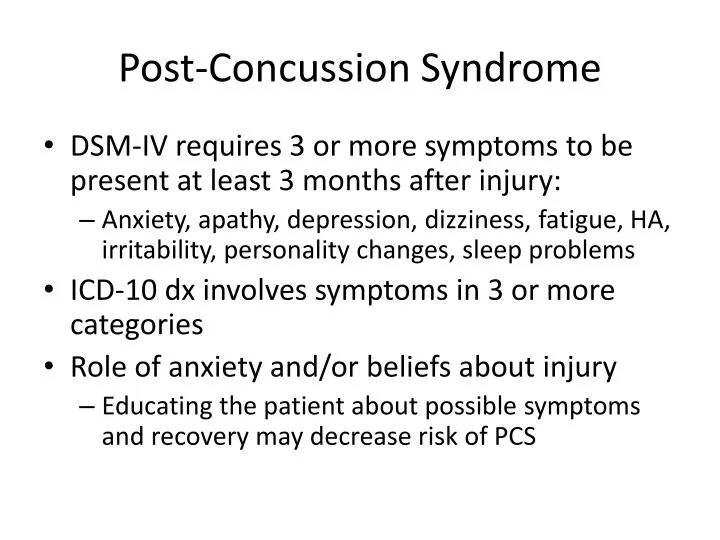

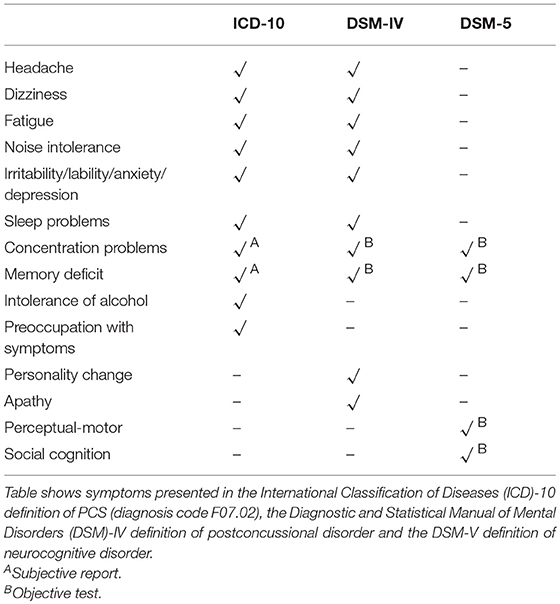
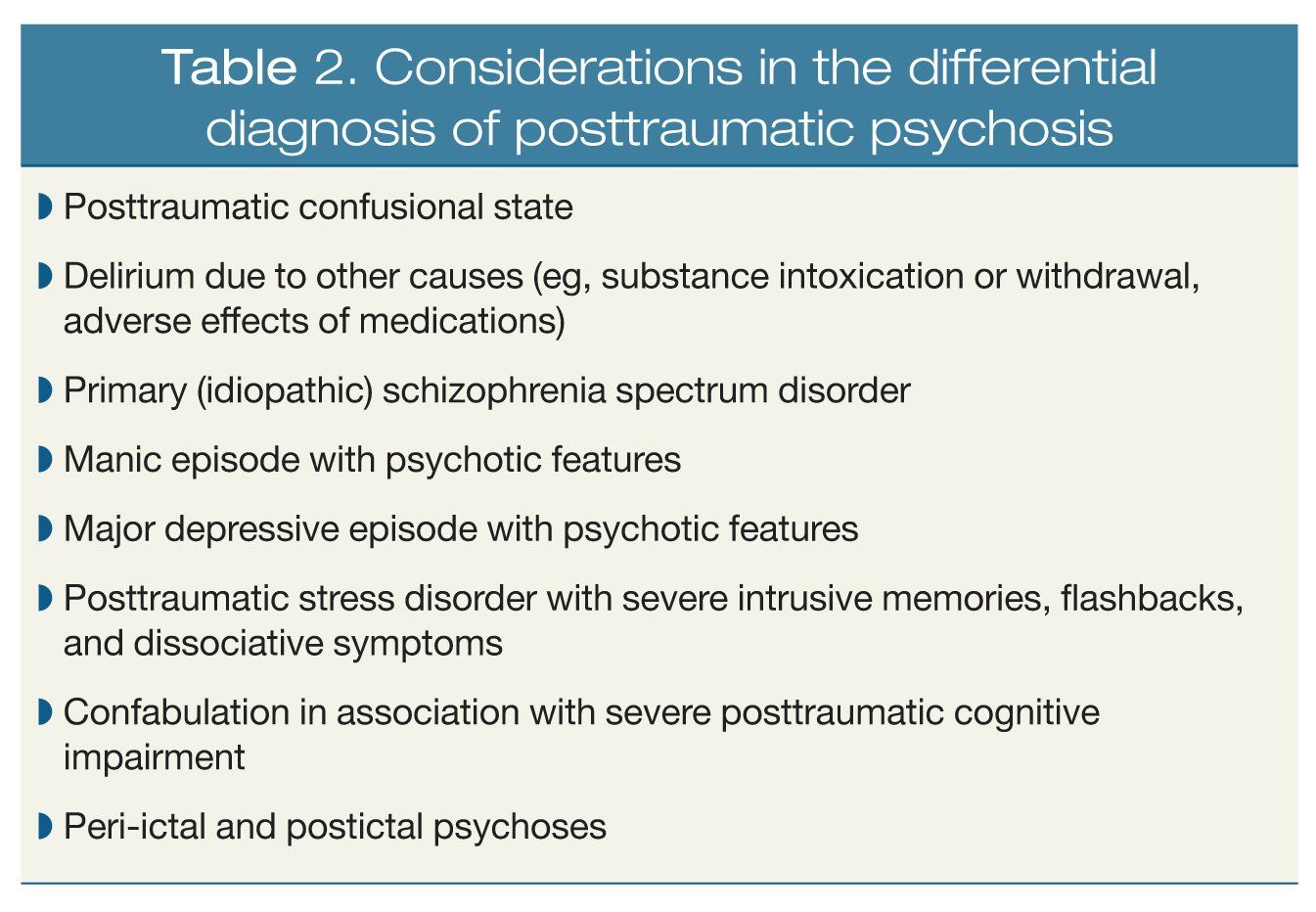
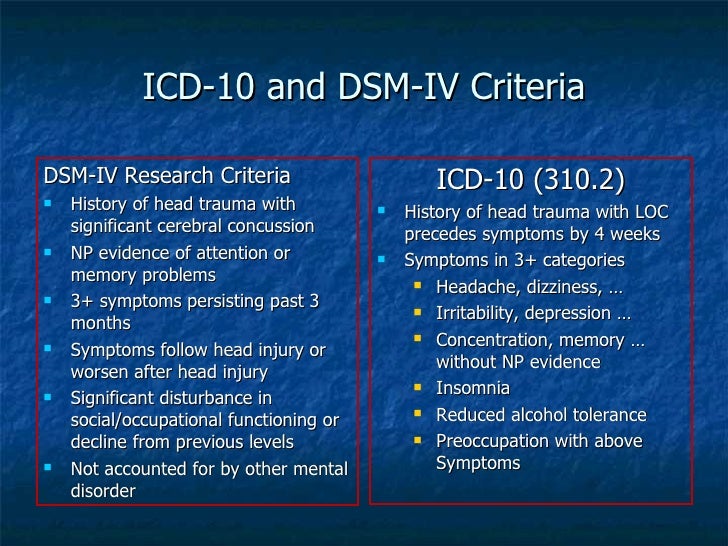
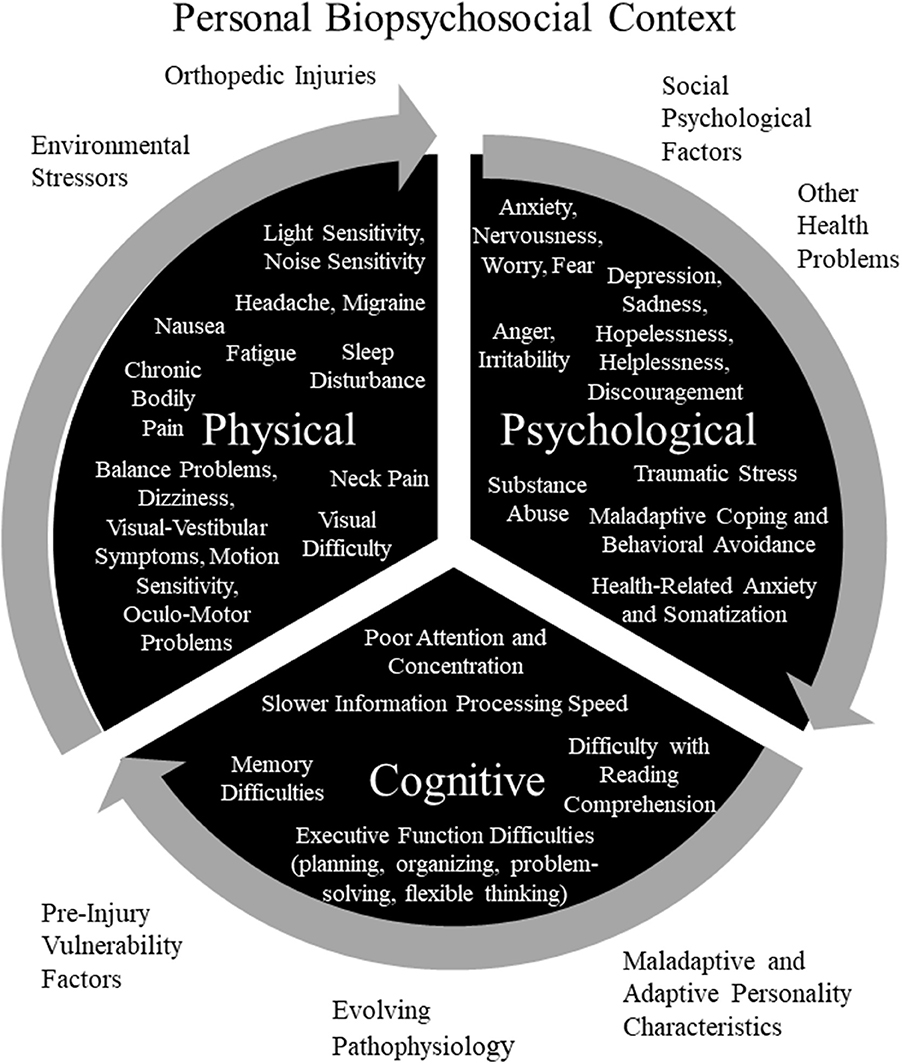
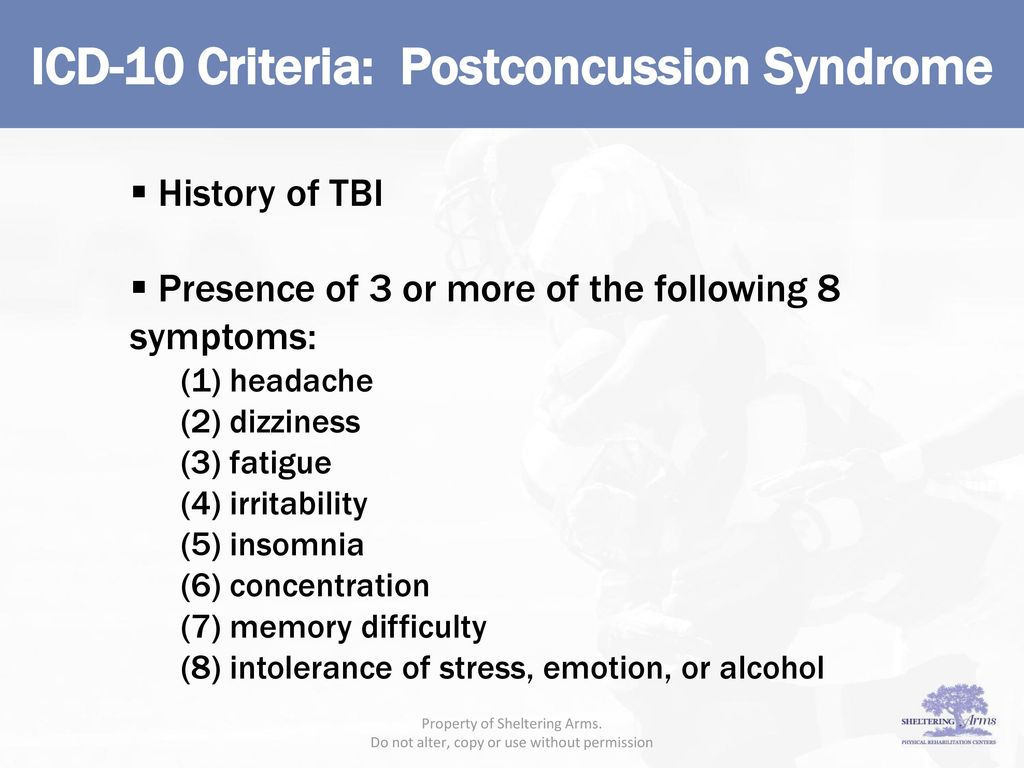
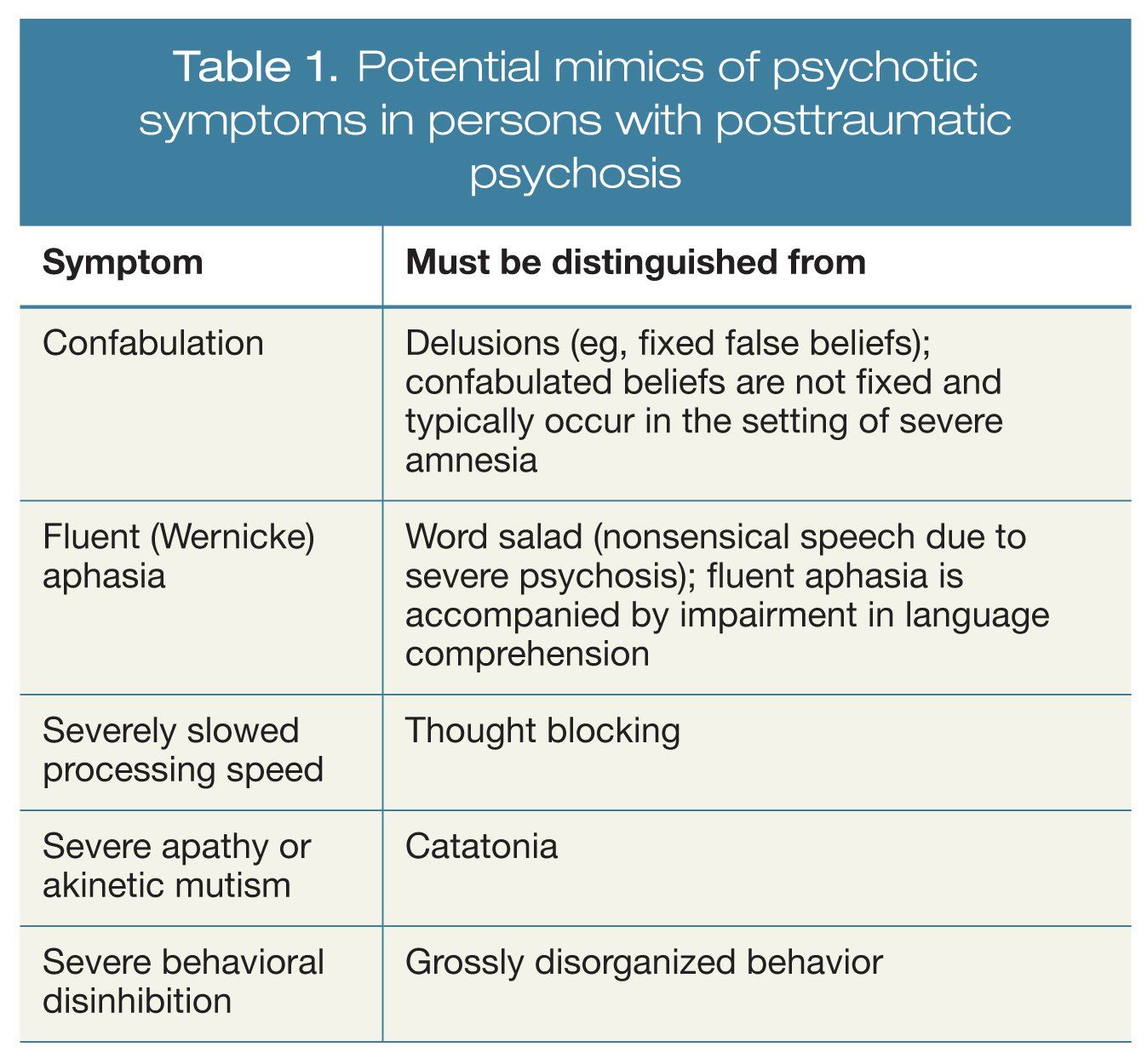
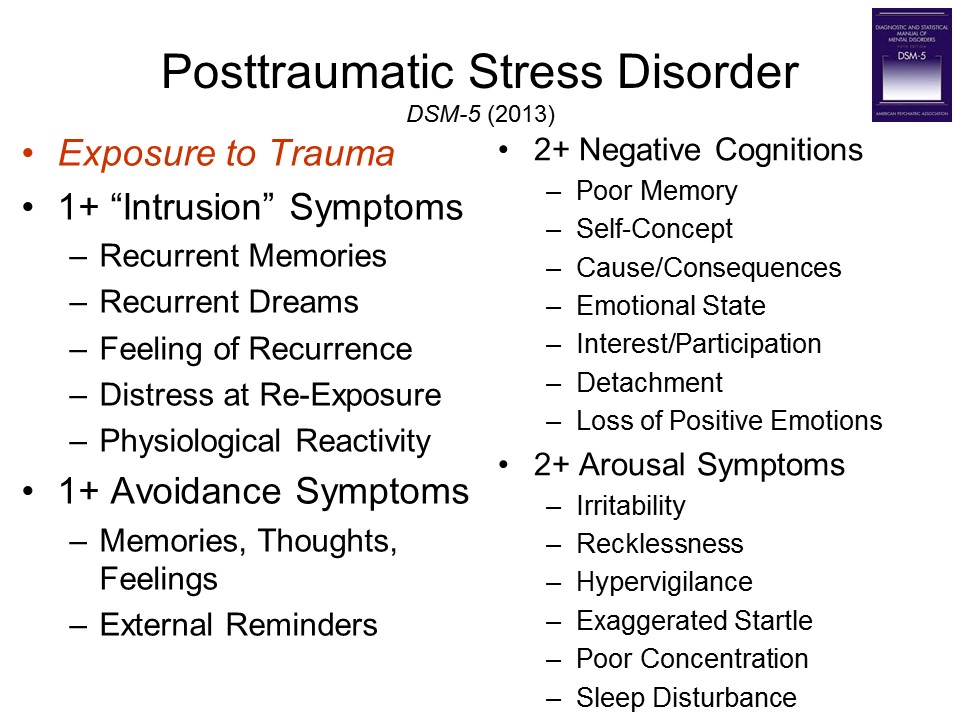

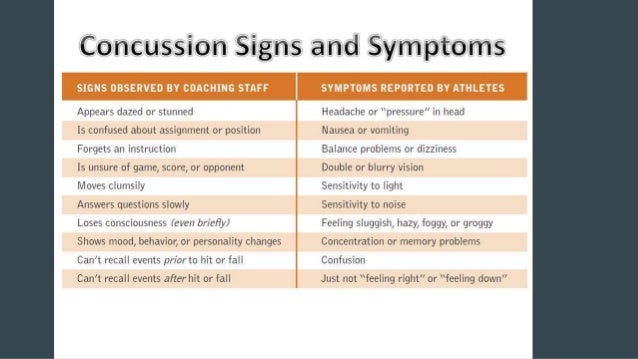

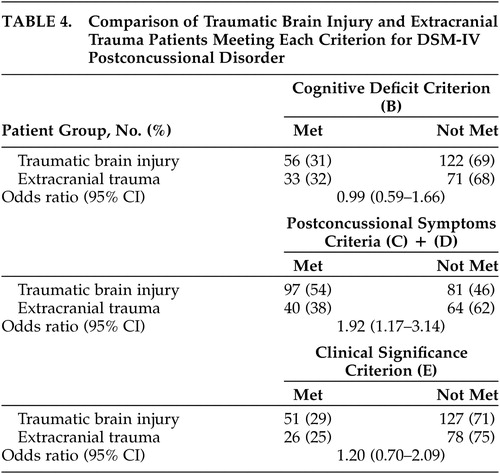


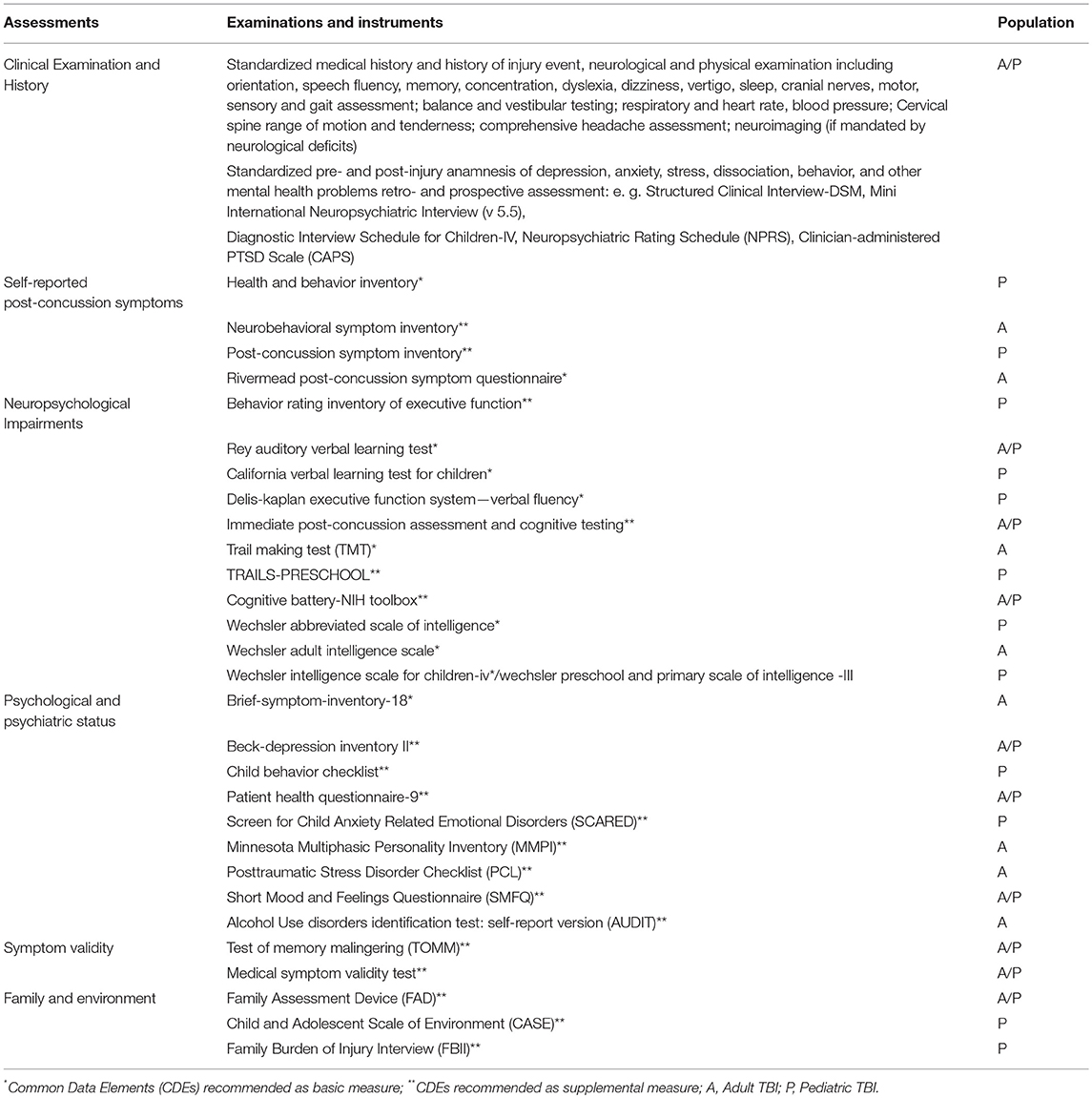

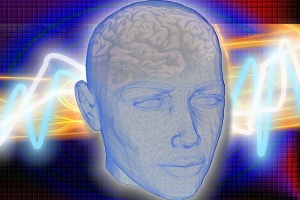
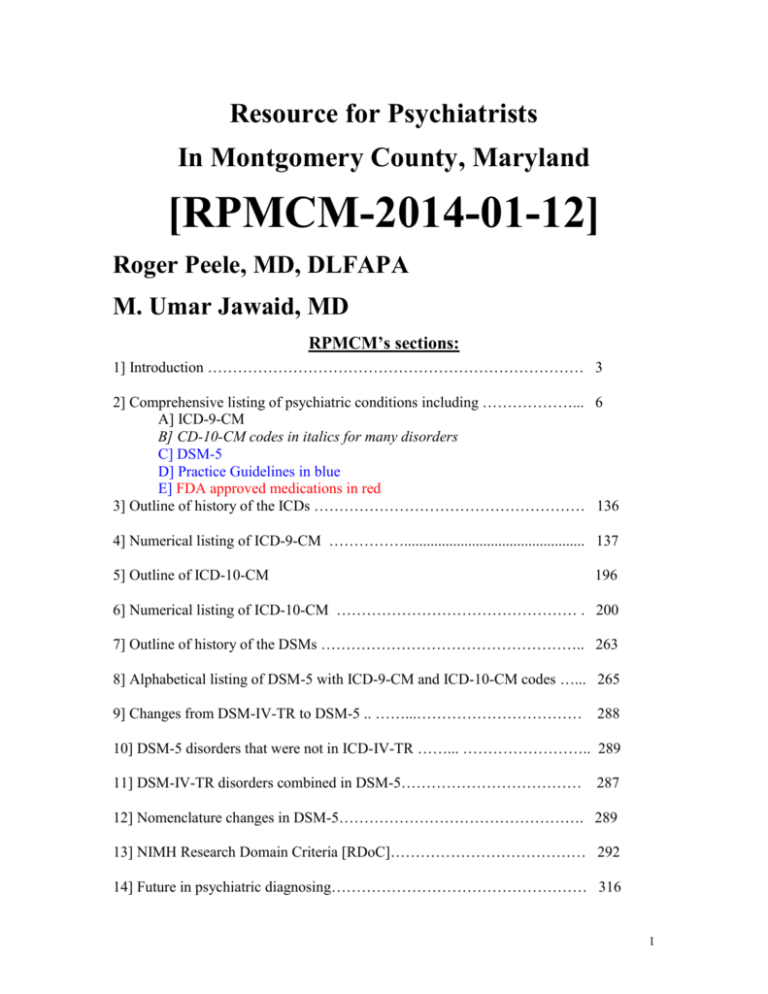
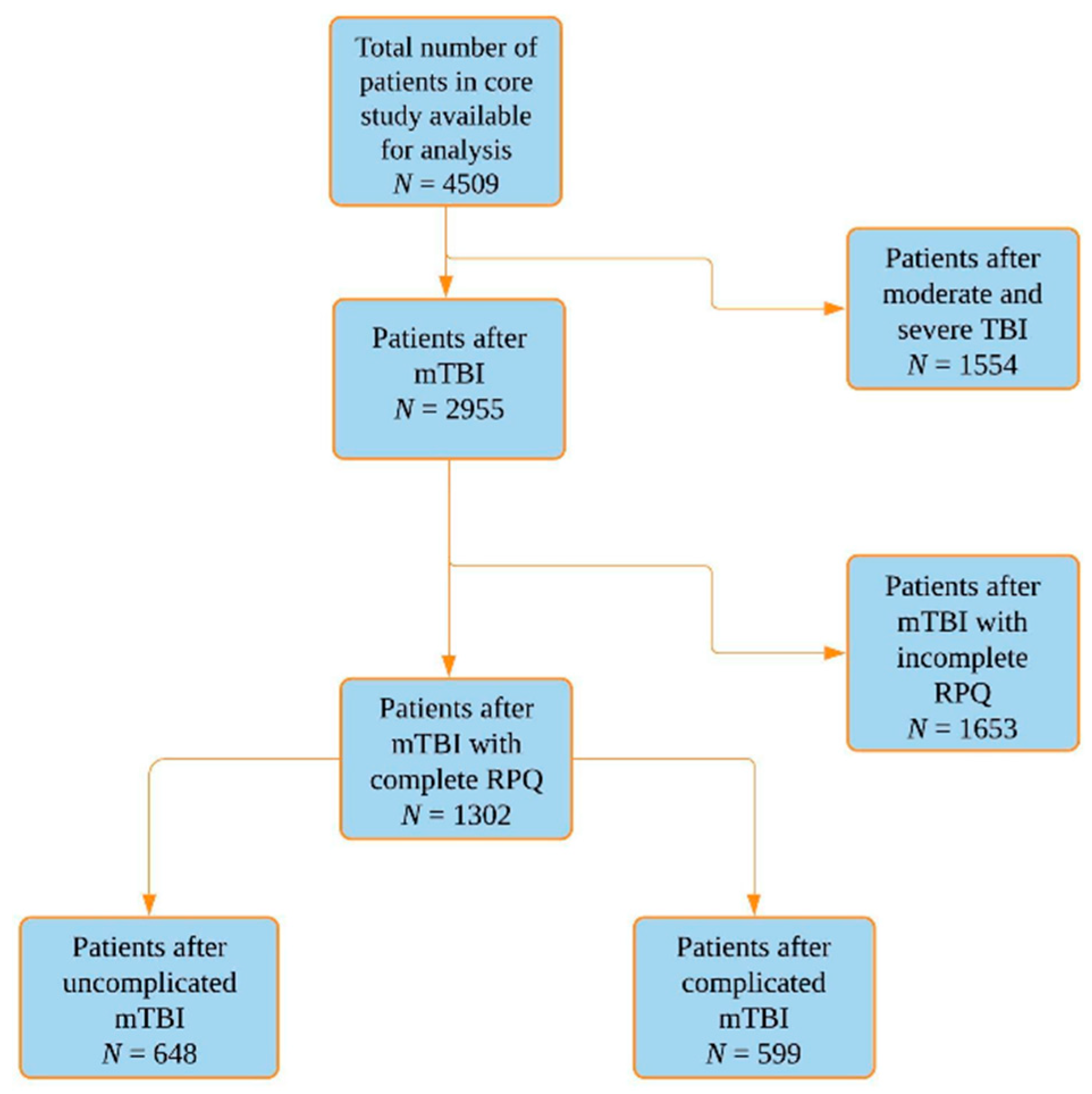

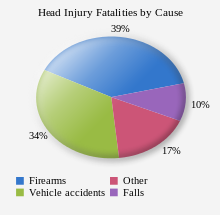







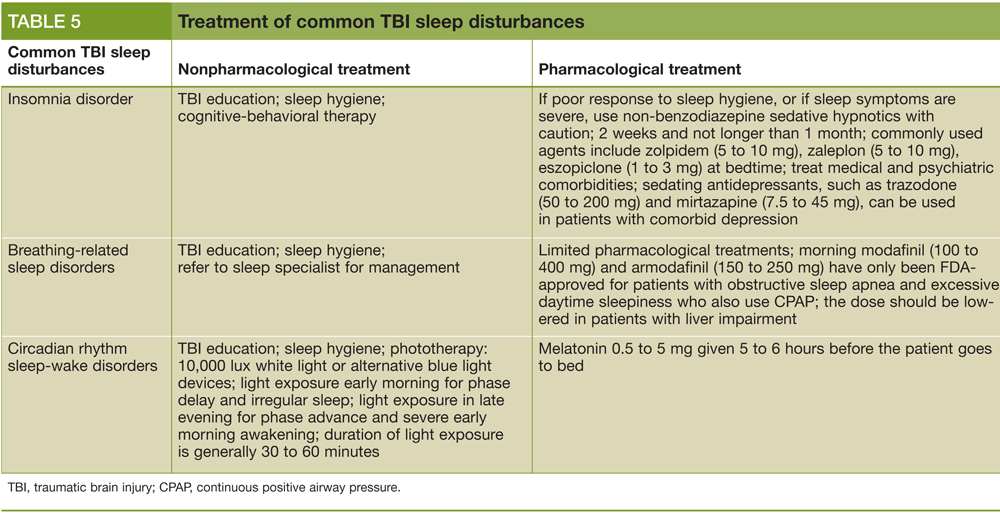
Post a Comment for "Post Concussion Syndrome Dsm 5"